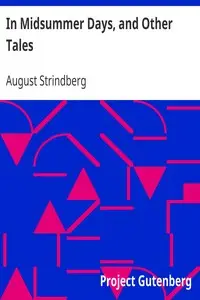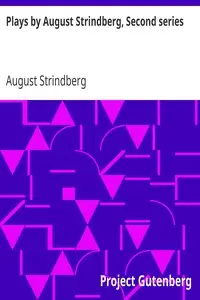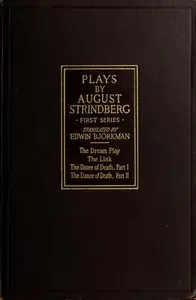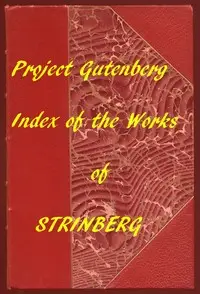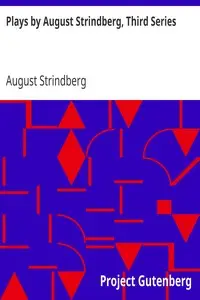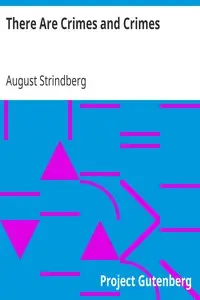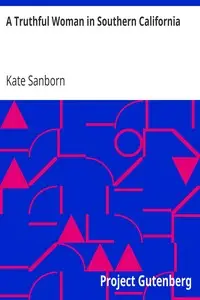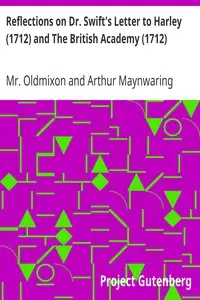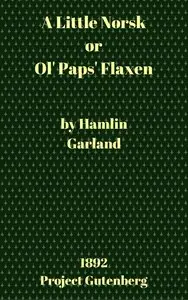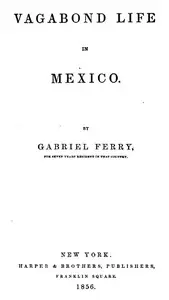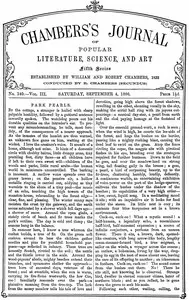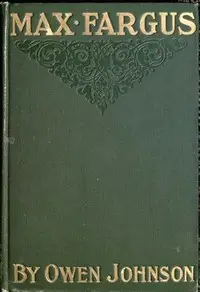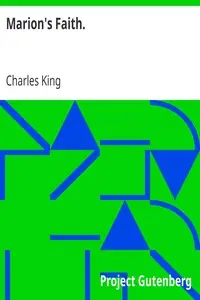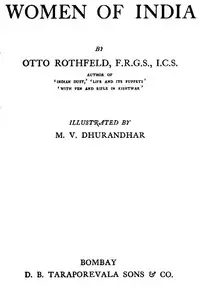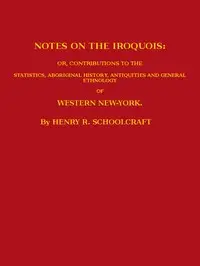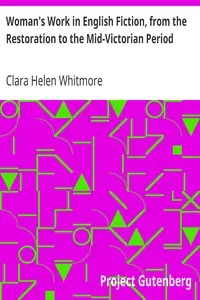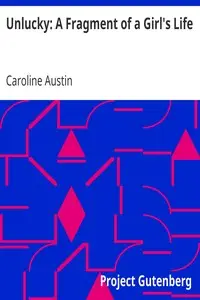"Historical Miniatures" by August Strindberg is a collection of historical essays written during the late 19th century. The text presents a series of vignettes that explore significant events and figures in human history, depicting a blend of imaginative narration and philosophical insight into the past. Through the chapters, readers encounter notable characters such as Pharaohs, Socrates, and the Apostate, all situated within their cultural and historical contexts. The opening of "Historical Miniatures" begins with a preface that establishes the book's critical acclaim and introduces the study of mankind's history through vivid episodes. Following this, a chapter titled "The Egyptian Bondage" introduces Amram, a Hebrew craftsman living under Pharaoh's rule, who engages in philosophical discussions with other characters about the Nile and the continuing plight of his people. The narrative sets up a contrast between faith in divine promises and the harsh realities of life in Egypt, ultimately building a multifaceted view of historical figures and their dilemmas. This beginning establishes Strindberg’s intention to weave together personal narratives with broader historical themes, inviting readers into reflective contemplation about the past. (This is an automatically generated summary.)
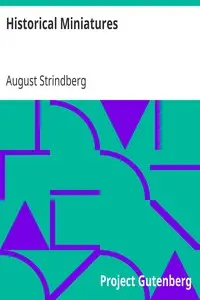
Historical Miniatures
By August Strindberg
"Historical Miniatures" by August Strindberg is a collection of historical essays written during the late 19th century. The text presents a series of ...
Johan August Strindberg was a Swedish playwright, novelist, poet, essayist, and painter. A prolific writer who often drew directly on his personal experience, Strindberg wrote more than 60 plays and more than 30 works of fiction, autobiography, history, cultural analysis, and politics during his career, which spanned four decades. A bold experimenter and iconoclast throughout his life, he explored a wide range of dramatic methods and purposes, from naturalistic tragedy, monodrama, and historical plays to his anticipations of expressionist and surrealist dramatic techniques. From his earliest work, Strindberg developed innovative forms of dramatic action, language, and visual composition. He is considered the "father" of modern Swedish literature and his The Red Room (1879) has frequently been described as the first modern Swedish novel. In Sweden, Strindberg is known as an essayist, painter, poet, and especially novelist and playwright, but in other countries he is known mostly as a playwright.

